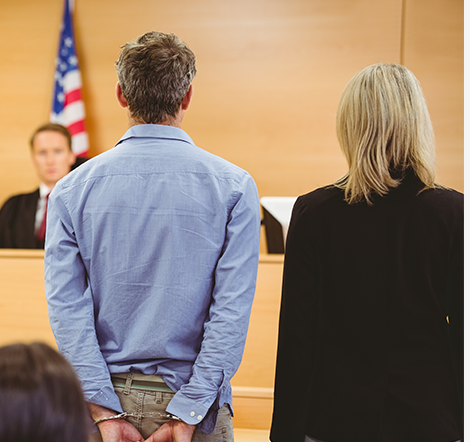In the state of Connecticut, criminal mischief is a criminal offense that involves damaging or tampering with another person’s property. The severity of the offense depends on the extent of the damage and the value of the property involved. Criminal mischief 2nd degree is a specific charge that falls under the broader category of criminal mischief. In this article, we will explore the definition, penalties, and implications of criminal mischief 2nd degree in Connecticut.
Definition
Criminal mischief 2nd degree is defined as intentionally damaging or tampering with property, resulting in damage exceeding $1,500 but less than $5,000. This can include acts such as vandalism, graffiti, breaking windows, or damaging equipment. The property in question can be public or private, and the damage can be physical or financial.
Penalties
If convicted of criminal mischief 2nd degree, an individual may face the following penalties:
-
A fine of up to $5,000
-
Up to five years in prison
-
Both a fine and imprisonment
-
Restitution to the property owner for the damages incurred
Implications
A criminal mischief 2nd degree charge can have significant implications for an individual’s life and future. A conviction can result in a criminal record, which can impact employment opportunities, educational prospects, and even housing options. Additionally, the financial burden of paying restitution and fines can be substantial.
Examples
Examples of criminal mischief 2nd degree may include:
-
Vandalizing a parked car, resulting in $2,000 worth of damage
-
Damaging a business’s security cameras, resulting in $3,500 worth of damage
-
Intentionally damaging a public art installation, resulting in $4,000 worth of damage
Conclusion
Criminal mischief 2nd degree is a serious offense in Connecticut, with significant penalties and implications. If you are facing charges related to criminal mischief, it is essential to seek legal counsel from a qualified attorney. Understanding the definition, penalties, and implications of this charge can help you navigate the legal system and make informed decisions about your case.




